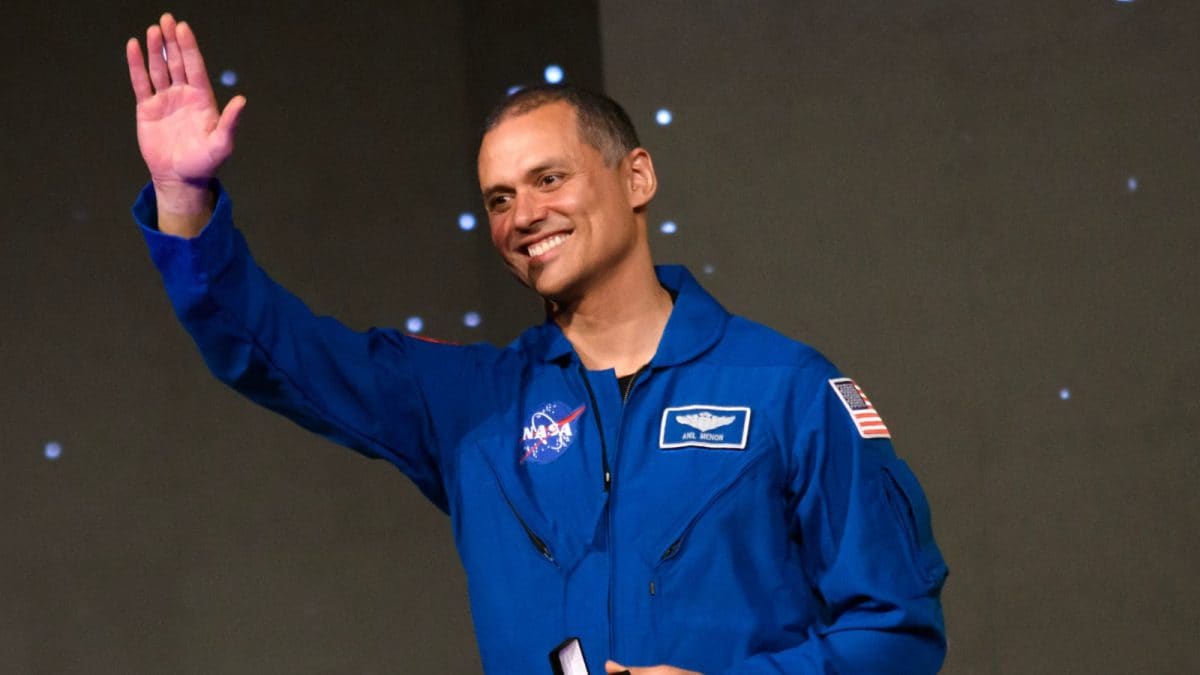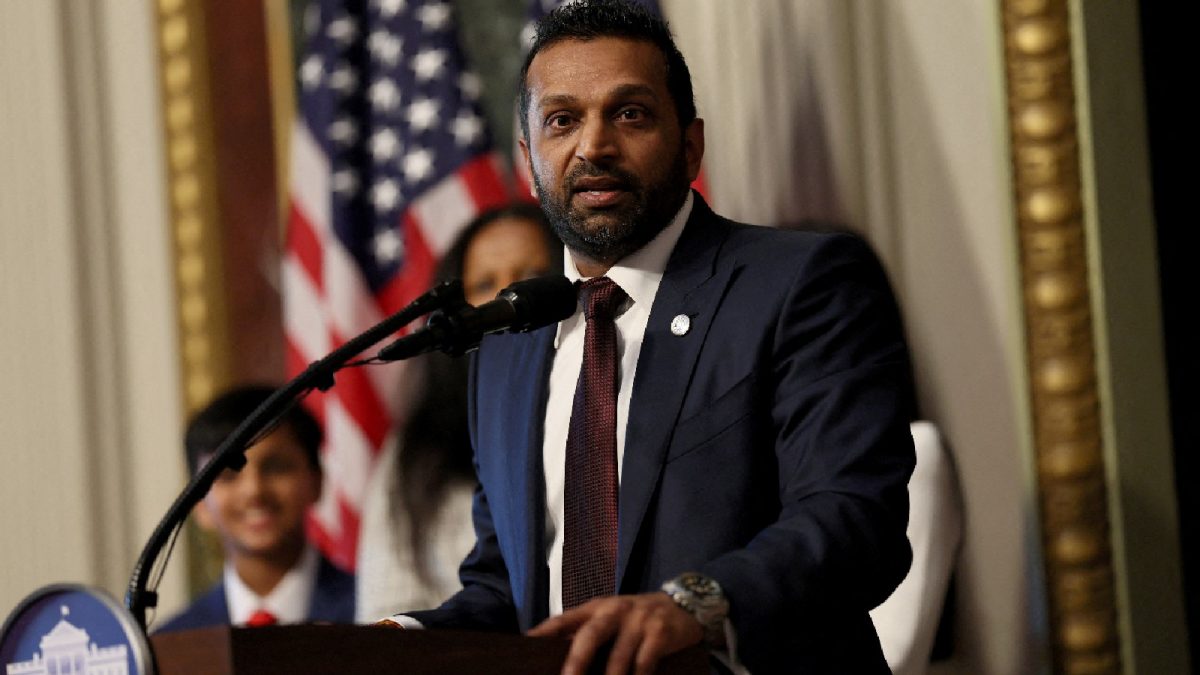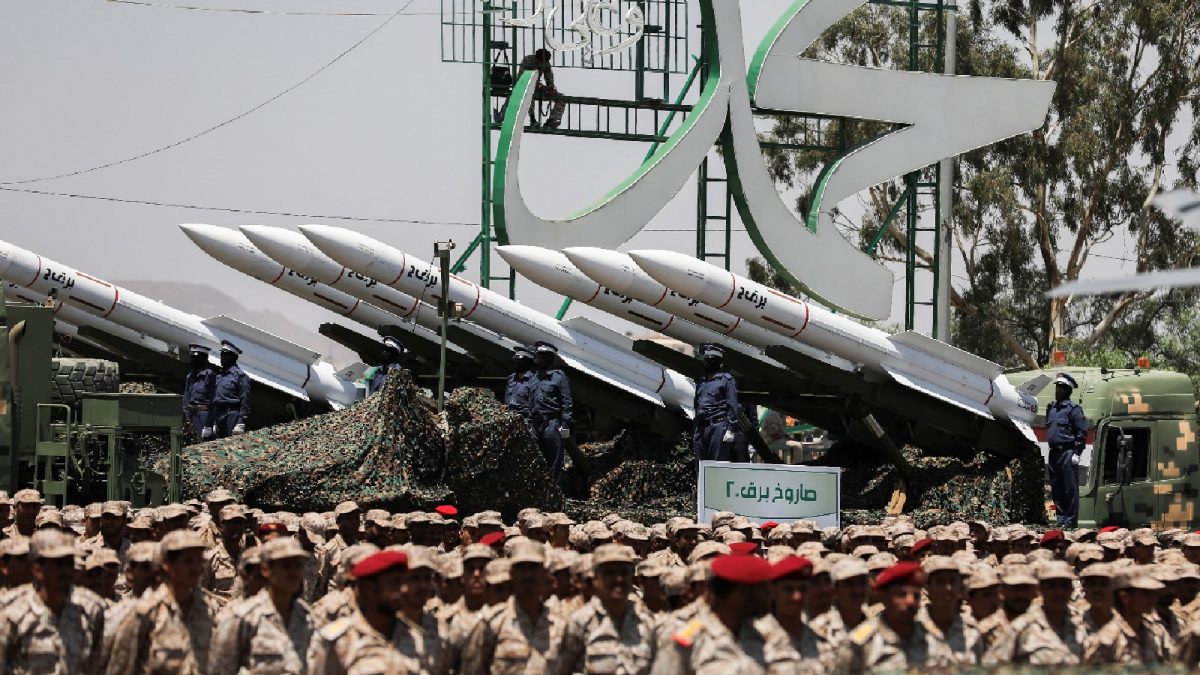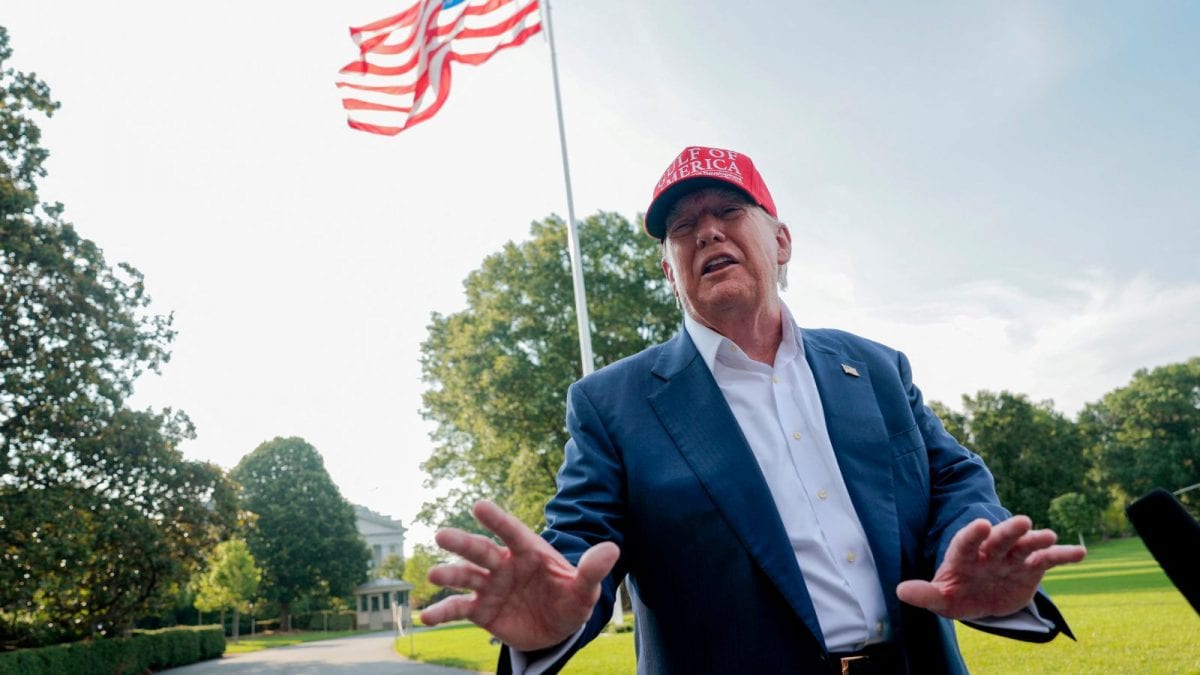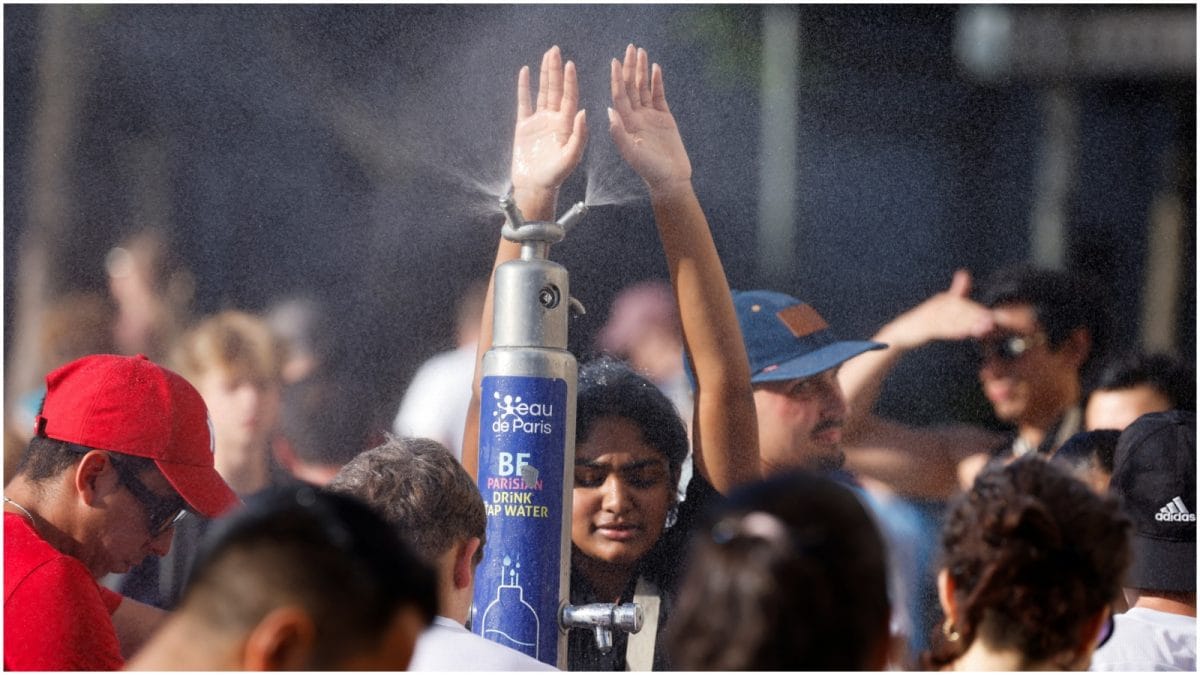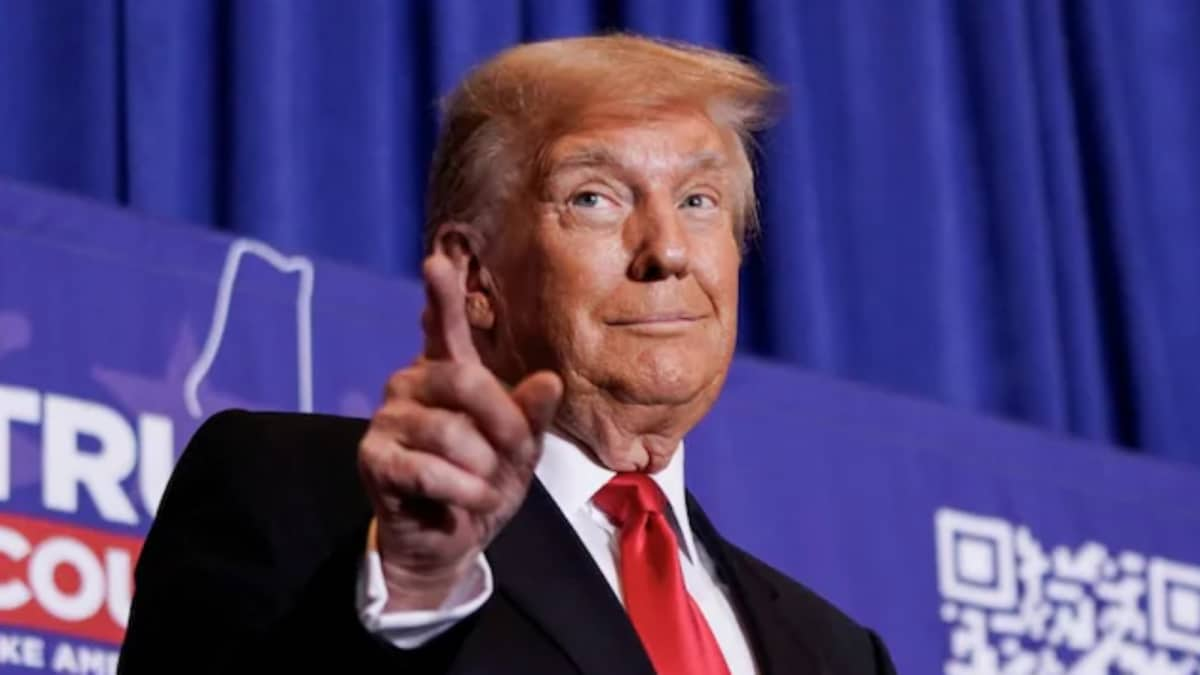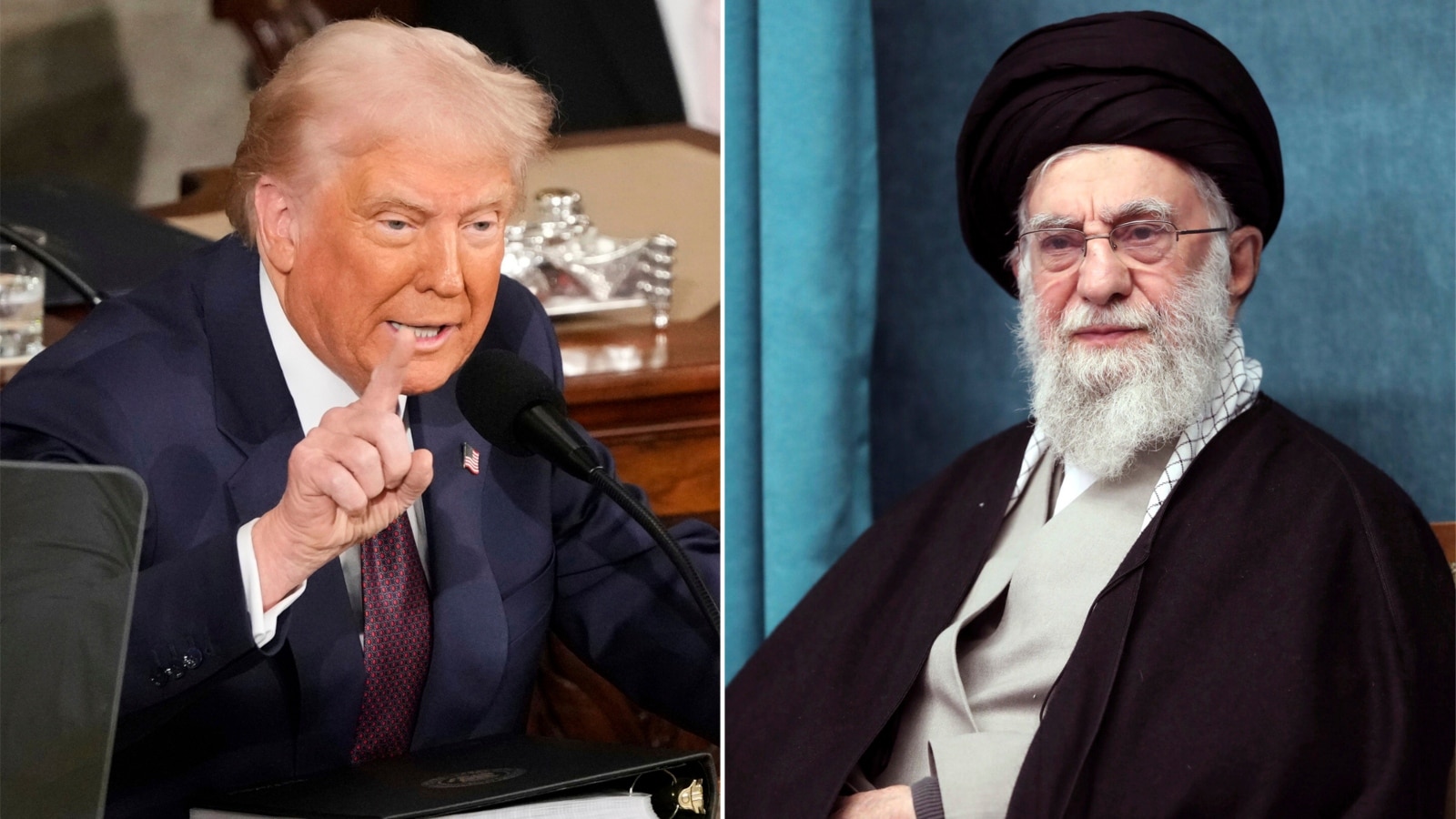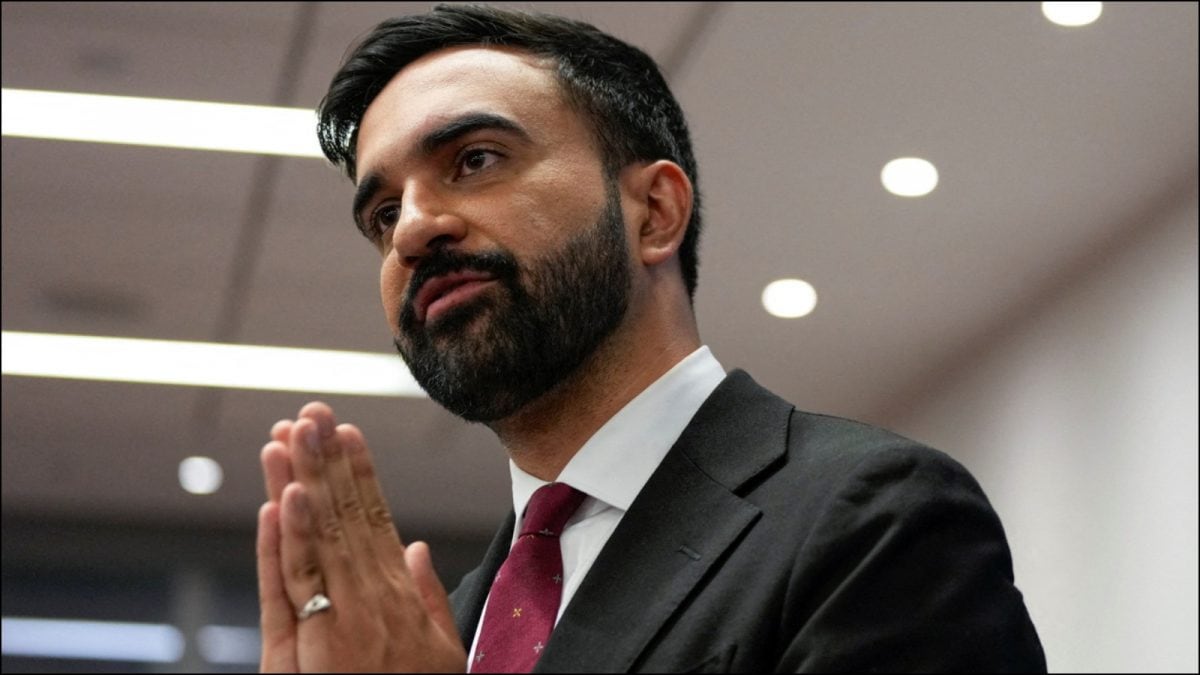Pakistan PM Shehbaz Sharif met Iran's Supreme Leader and President to discuss Muslim unity, regional peace, and India tensions. He offered peace talks with India but warned of strong retaliation if provoked.

Shehbaz Sharif held a meeting with Ayatollah Sayyed Ali Khamenei, in Tehran. (Photo: X/@CMShehbaz)
Pakistan’s Prime Minister Shehbaz Sharif paid a high-level visit to Iran on Monday, where he held a meeting with the Supreme Leader, Ayatollah Sayyed Ali Khamenei, in Tehran. The two leaders engaged in a discussion on the challenges facing the Muslim world, regional stability, and strengthening bilateral ties between Pakistan and Iran.
PM Sharif described the audience with Ayatollah Khamenei as “an honour,” highlighting Iran’s influence and its consistent support during sensitive moments in South Asia.
"I sought his views especially with regards to the current challenges faced by the Muslim Ummah. We also exchanged views on bilateral and regional issues of mutual interest,” said PM Sharif following the meeting.
Sharif acknowledged Iran’s role as a peace broker, particularly praising Tehran’s support during recent tensions in South Asia.
"I thanked him for Iran’s role as a mediator and for expression of its concern for Pakistan during the recent crisis in South Asia," he added.
"Pakistan values Iran’s role in the Muslim Ummah and looks forward to advancing mutual goals of peace, development and harmony," Sharif said.
Sharif was accompanied by Deputy Prime Minister and Foreign Minister Ishaq Dar, Army Chief Field Marshal Asim Munir, Interior Minister Mohsin Raza Naqvi, Information Minister Attaullah Tarar, and Special Assistant to the Prime Minister Tariq Fatemi.
Earlier, the Pakistani PM flew from Turkey to the Iranian capital, where President Masoud Pezeshkian received him at the Saadabad Palace. Sharif received a guard of honour and held talks with President Pezeshkian.
Addressing a joint press conference with Pezeshkian, Sharif said he was ready to talk with India for the sake of peace.
"We want to resolve all disputes, including the Kashmir issue and the water issue, through negotiations and are also ready to talk to our neighbour on trade and counter-terrorism,” he said. Sharif also warned of a response if India chose the path of war.
"But if they choose to remain aggressors, then we shall defend our territory like we have done a few days ago," he said. "But if they accept my offer of peace, then we will show that we really want peace, seriously and sincerely."
Sharif also claimed that his country came out “victorious” out of the four-day war with India.
India has made it clear that it will only have a dialogue with Pakistan on the return of Pakistan-occupied Kashmir and the issue of terrorism. Tensions between India and Pakistan escalated after the April 22 Pahalgam attack, which claimed 26 lives.
India carried out precision strikes as part of Operation Sindoor on terror infrastructure in Pakistan and Pakistan-occupied Kashmir in the early hours of May 7. It was followed by Pakistan’s attempt to attack Indian military bases on May 8, 9, and 10. The Indian side responded strongly to the Pakistani actions.
The hostilities ended with an understanding of stopping the military actions following talks between the directors general of military operations of both sides on May 10.
Published By:
Satyam Singh
Published On:
May 27, 2025
Tune In

 1 month ago
1 month ago



